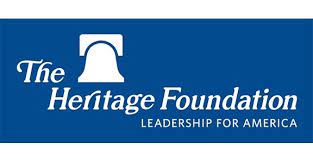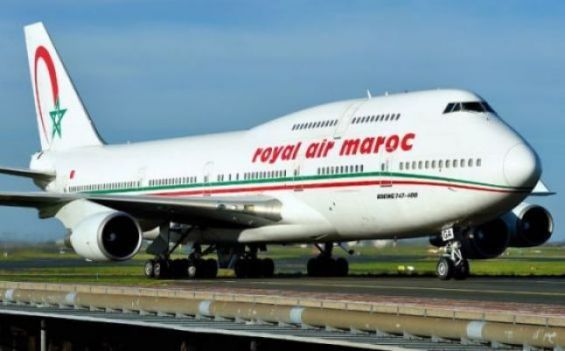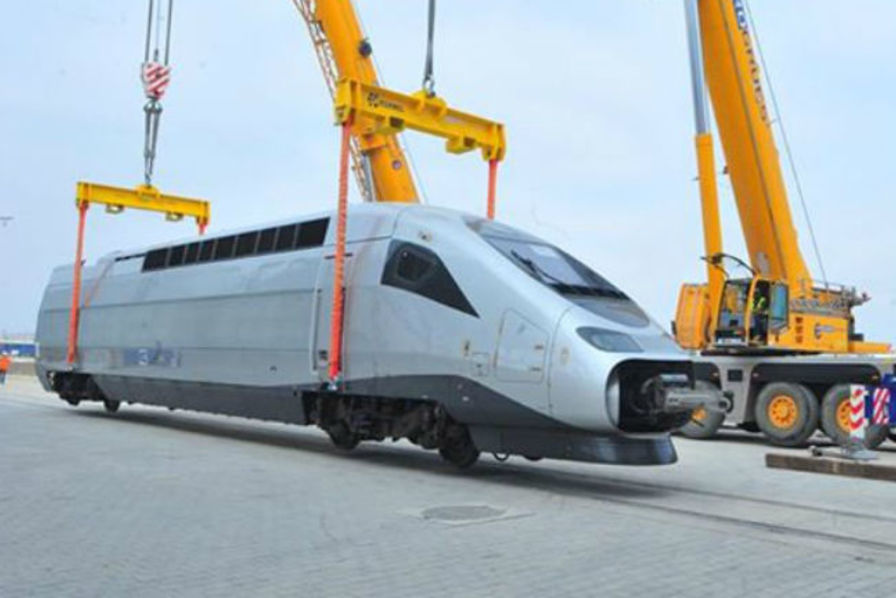While “Algeria remains corrupt, oppressive and potentially unstable”, Morocco stands out as U.S. major reliable partner in North Africa, says The Washington-based U.S. Heritage Foundation.
In an Op-Ed published in its latest edition focusing on concerns and developments that affect America’s vital interests in the region, James Jay Carafano affirms that American attention in North Africa will likely remain centered on Morocco, described as a “regional power”.
In contrast to the troubles in Tunisia and Libya, “Morocco has been a proven and productive partner for the U.S.,” says the leading expert in U.S. Security & Foreign policy challenges.
Washington seems content to rely on its relationship with Rabat to oversee its general situational awareness and engagement in the region, adds the analysis of the Heritage Foundation, noting that both the U.S. and Morocco have agreed recently to continue to develop bilateral security cooperation.
The U.S. engagement is focusing on transnational terrorism, transnational crime and cyber threats. This effort, however, is mostly built on momentum in the relationship built by the previous U.S. administration, stresses the U.S. Think-Thank.
In addition, Israel, the most important strategic U.S. ally in the region, recently signed new partnership agreements with Morocco, an outgrowth of the Abraham Accords, another initiative of the Trump years.
There are several reasons why it is worth examining Washington’s lackluster engagement in the nations of North Africa. The most significant regional development is Europe’s dramatic quest to diversify sources of natural gas and oil to reduce dependence on Russia.
In July, the Italian government signed a series of agreements with Algeria. Little interest, however, seems to have gone into bringing Libya’s significant production of gas and oil back onto the global market.
The administration of President Donald Trump flirted with the idea of North Africa as an alternate source of energy since Western sanctions reduced imports from Iran. A significant decline in global prices at the time contributed to the U.S. quickly losing interest. Since then, the U.S. has not substantially reengaged, despite renewed interest in alternative energy supply chains in the wake of President Vladimir Putin’s invasion of Ukraine.
Libya continues to be buffeted by both internal conflict and the competing influences of outside powers in Europe, the Middle East and Russia.
In Tunisia, the aspirations of democratization are also on hold due to the recent political developments in this country. Furthermore, there are renewed tensions between Tunisia and Morocco over the Sahara. Morocco recalled its ambassador to Tunis “for consultations” after President Kais Saied invited Polisario chief to a conference.
China also has a growing and potentially disruptive footprint in Tunisia. The challenge for the U.S. is to help stem democratic backsliding, economic stagnation, and Beijing’s influence.
All these challenges leave more than enough space for Islamic terrorism and extremism to remain an endemic concern for public safety, security and economic development in the region, warns the Heritage Foundation in its analysis which also appeared in Geopolitical Intelligence Services Reports Online.
With these developments, illegal migration to Western Europe will remain a persisting issue. Since none of these challenges are likely to generate significant security threats to the U.S. or Europe or endanger vital interests, “the world can expect only minimal investment from Washington in economic engagement, energy development and security affairs in the region. U.S. attention in North Africa will likely remain focused on Morocco”, underlines the prestigious U.S. Think Thank.



